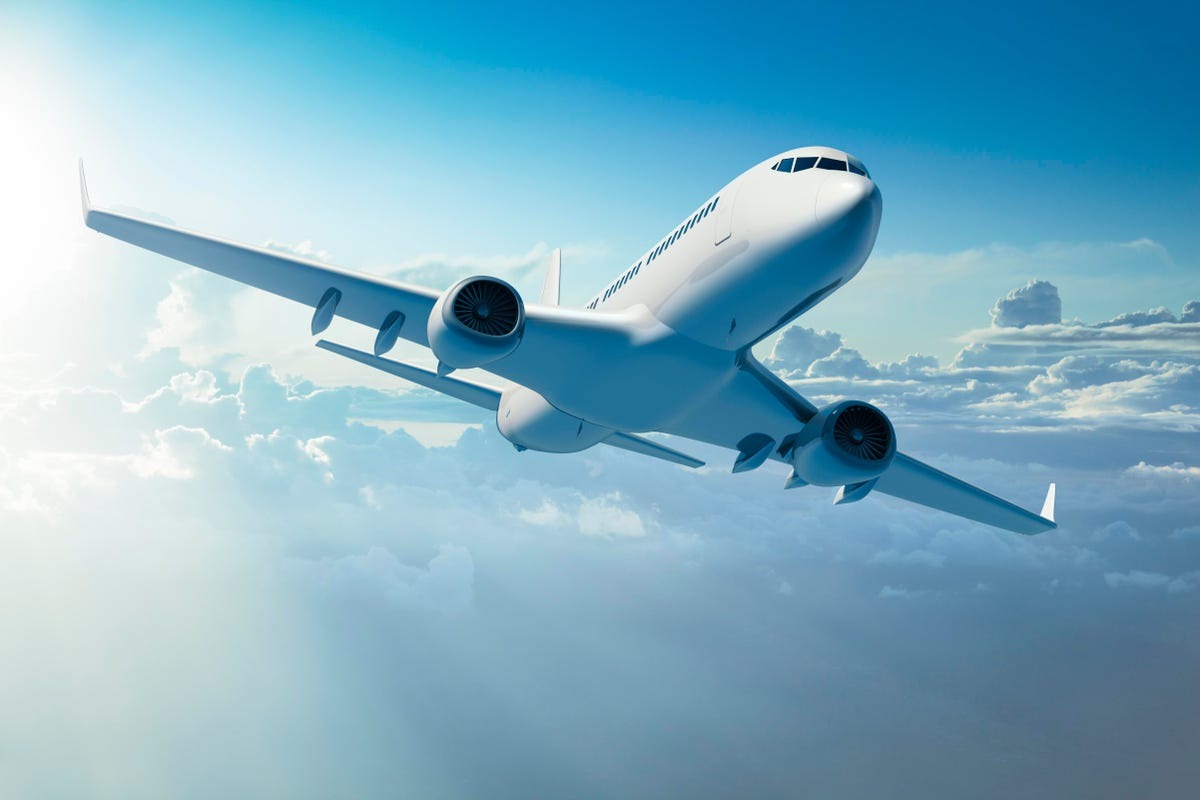The call for airline fee reform amplifies as additional fees continue to expand.

Studies indicate that almost 90% of airlines enforce fees for various items, sparking discussions about transparency.
A recent report highlights a considerable upsurge in fees for flight add-ons, with nearly 90% of airlines implementing charges for supplementary services in addition to the base flight cost.
Ryanair notably leads in charges for extras like seat selection, baggage check-in, and insurance. The practice of offering all-inclusive services upfront is dwindling among airlines.
According to an analysis by NetVoucherCodes, a money-saving voucher website, 89% of airlines worldwide charge for at least one additional service, rising to 97% among European carriers.
The debate over add-on fees regained momentum when an elderly couple was charged £110 by Ryanair for new boarding passes after mistakenly checking into the wrong leg of their flight.
Ruth Jaffe, 79, and her husband Peter, 80, unintentionally obtained return boarding passes instead of those for their outbound flight to France. Their incurred charges prompted others to voice complaints about Ryanair’s fees on social media.
In response, Rishi Sunak initiated a review of “drip pricing,” a strategy where companies obscure actual costs by imposing additional charges. The government pledged to investigate this practice and potentially establish measures to address it.
NetVoucherCodes analyzed comparable routes among major airlines worldwide, calculating expenses related to add-ons such as baggage, seat selection, fast tracking, insurance, and onboard Wi-Fi.
For instance, on a Ryanair flight to Ireland, an initial fee of £18.39 surged to over £80 after incorporating optional extras like baggage check-in, carry-on luggage, seat selection, and insurance.
Ryanair defended its pricing structure, stating there were no hidden charges and highlighting the exceptional competitiveness of the quoted flight cost. The airline emphasized that all mentioned products were discretionary, giving consumers the choice to include or exclude them.
According to NetVoucherCodes, the average additional cost for European airlines was £45.43, while for international airlines, it was £26.09 and for US airlines, £61.20.
Following Ryanair, Wizz Air ranked second, offering a flight to Hungary at £34.29, with £93.56 in add-ons. Wizz Air clarified that charges were transparently outlined on their website and app, attributing their low fares to providing optional add-ons at an extra cost.
Consumer rights expert Martyn James highlighted the significant growth of the add-on culture, noting how certain airline practices had been restricted in the past, such as charges for debit or credit card payments.
James advocated for comparison websites to include extra costs in the total price upfront and urged the Civil Aviation Authority to have more power to compel airlines to present charges transparently. He suggested that sometimes pricier flights might be preferable if they included all services.
Katy Maclure from Jack’s Flight Club emphasized the need for passengers to be more aware of fees as airlines increasingly adopt such tactics, even among flagship carriers that previously included checked bags.
James emphasized the necessity of more support for passengers, especially those vulnerable or elderly, suggesting that if self-check-in desks are cost-saving for airlines, personnel should be available to assist those needing help.
He advised passengers to assess their luggage needs carefully and review terms and conditions related to cabin bags, recommending skepticism and thorough online research to estimate potential fees.


